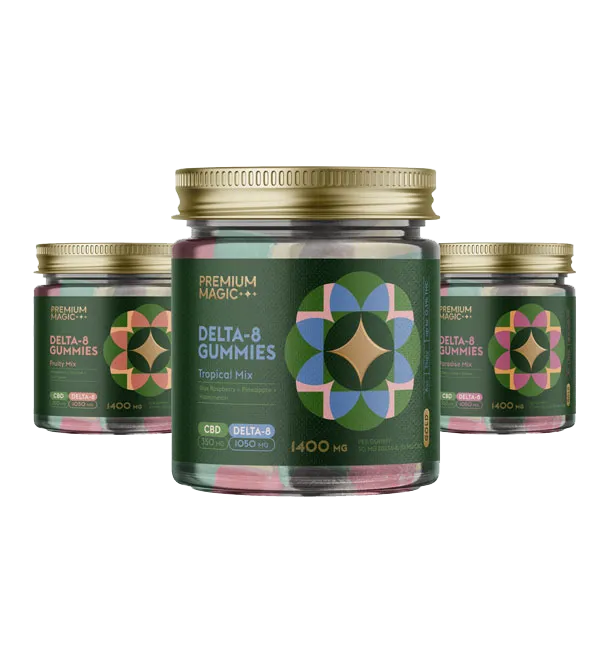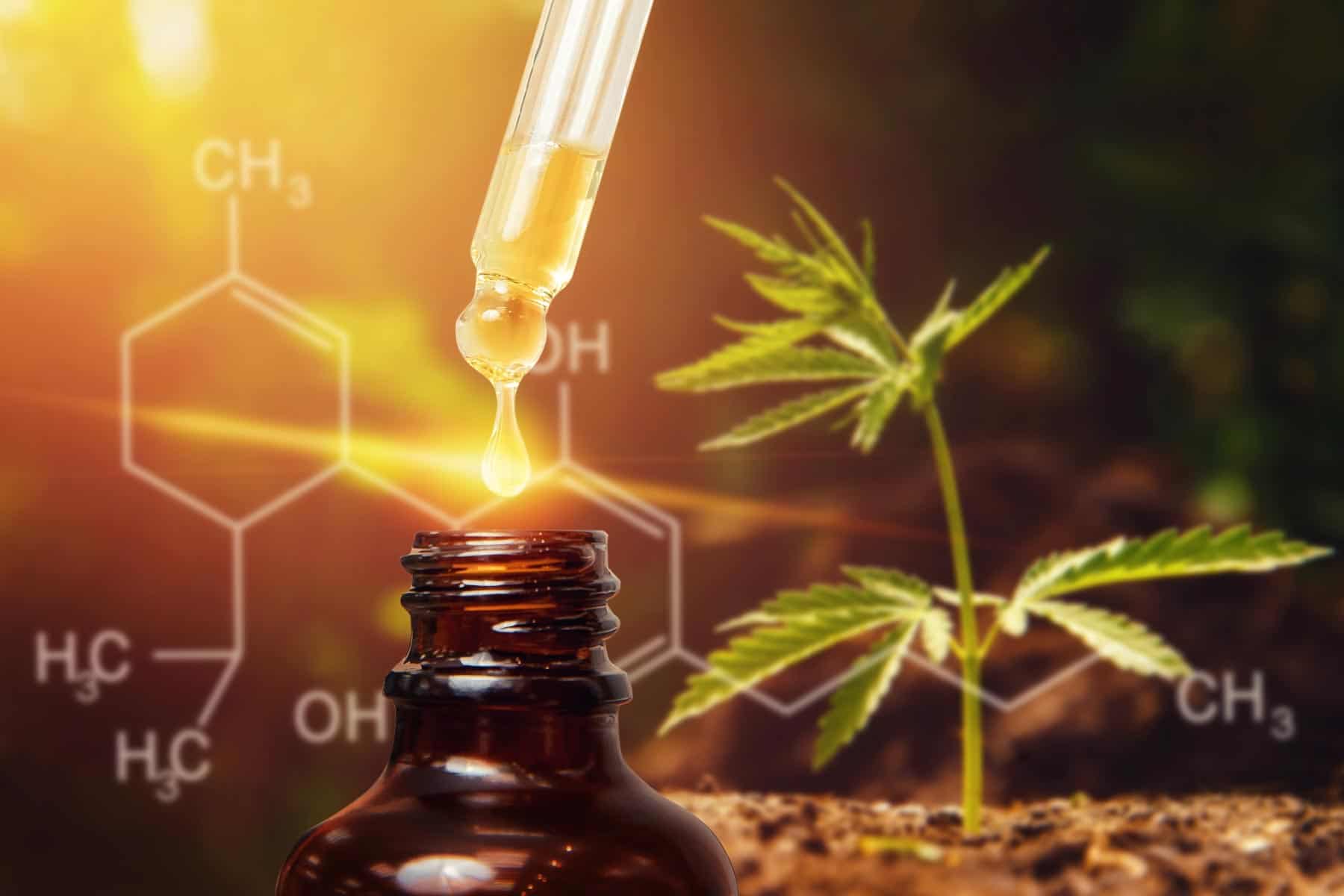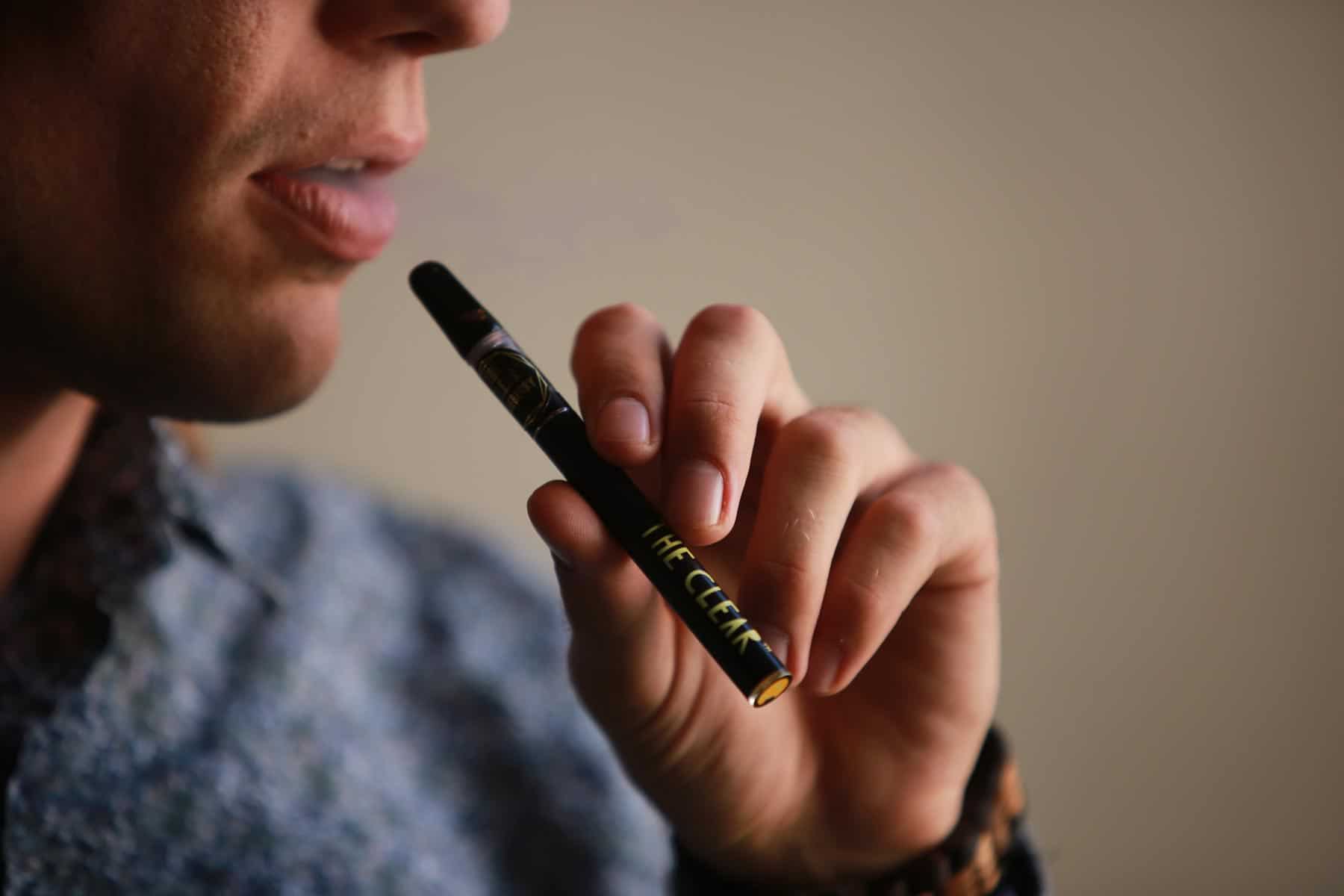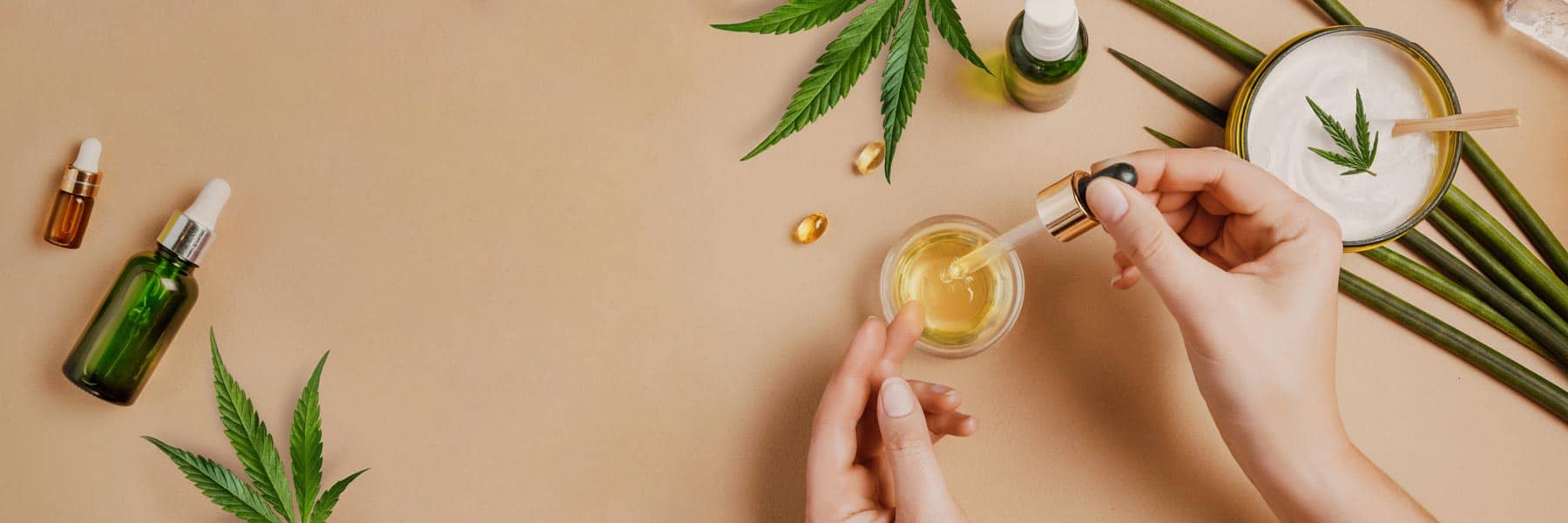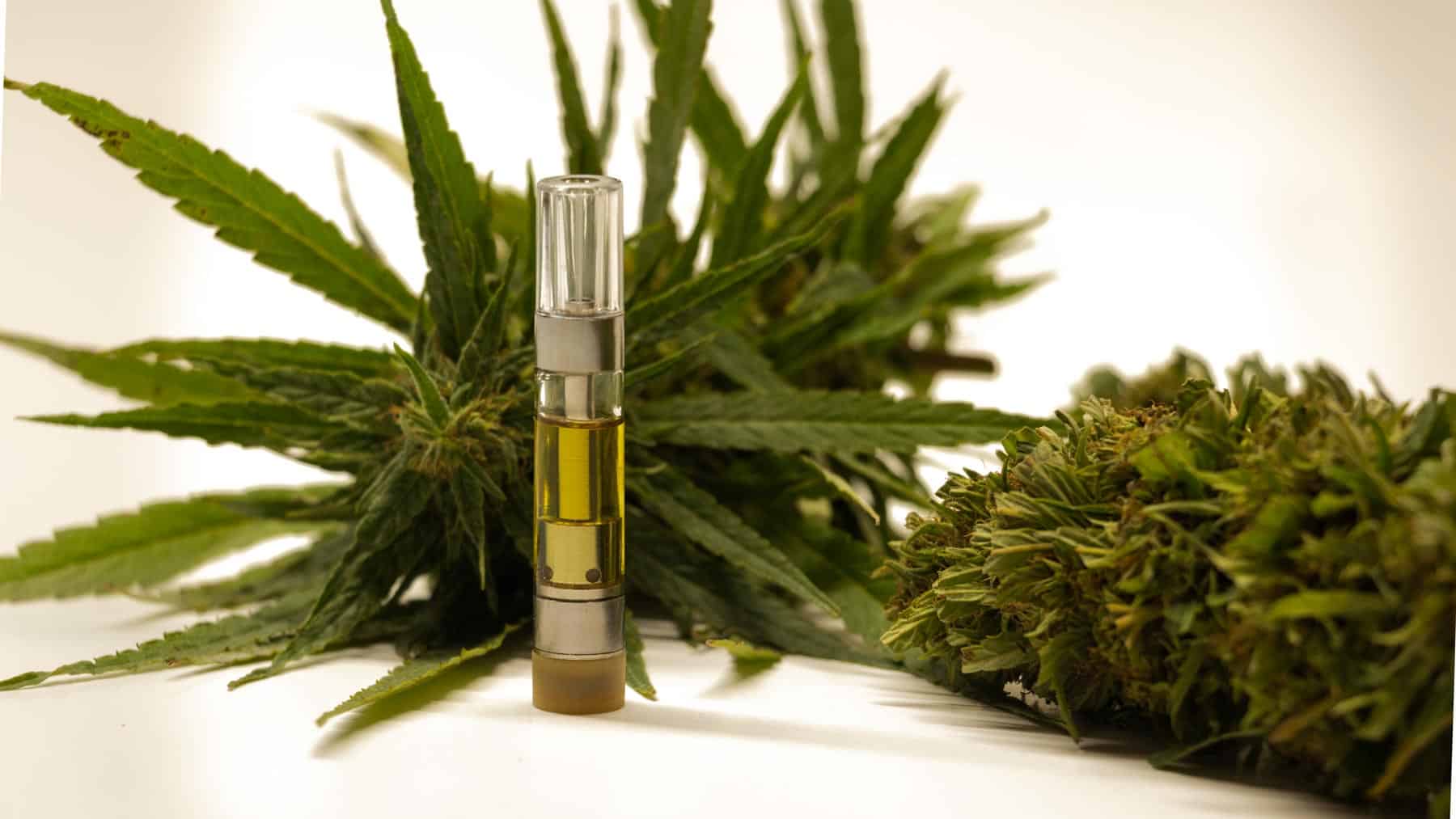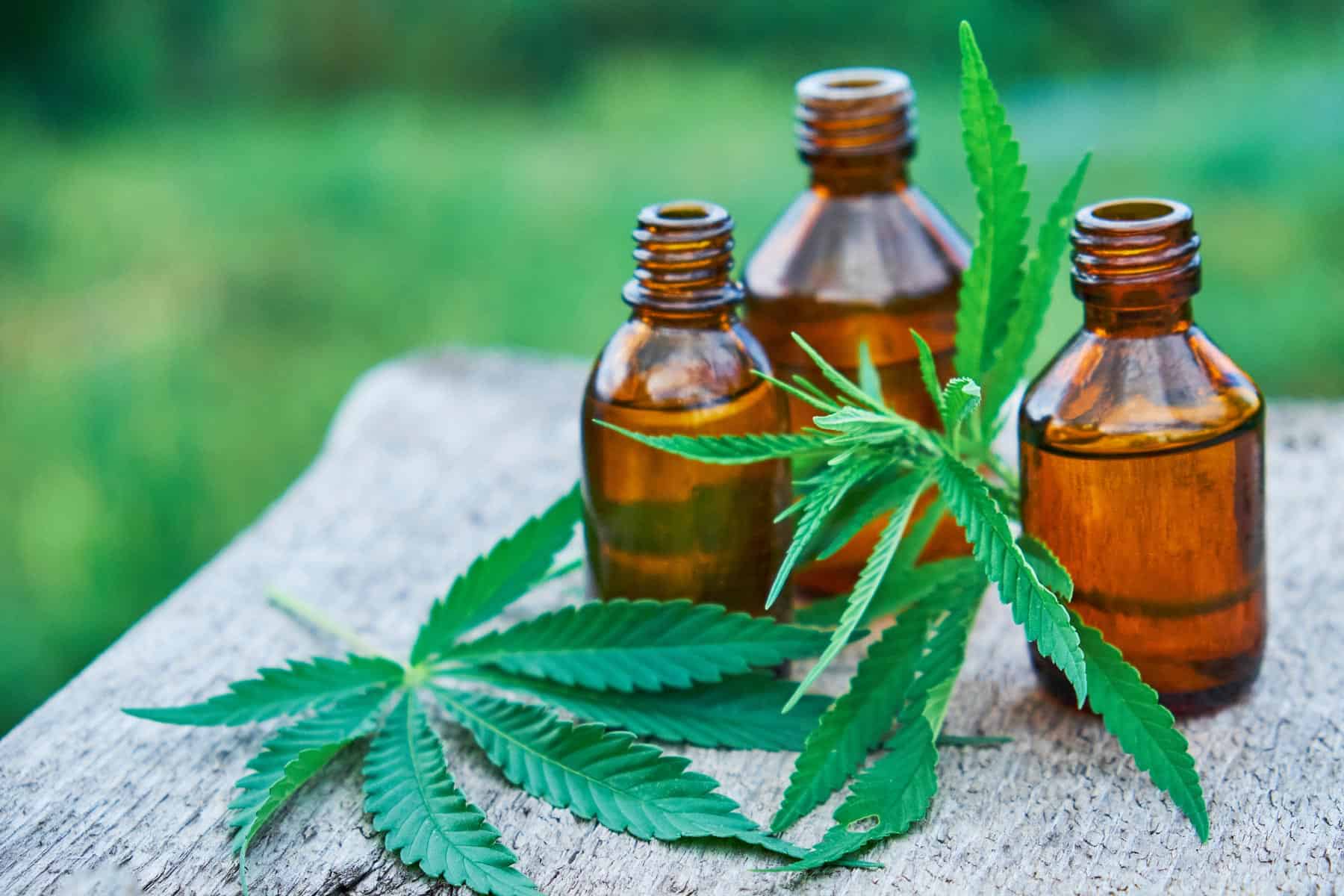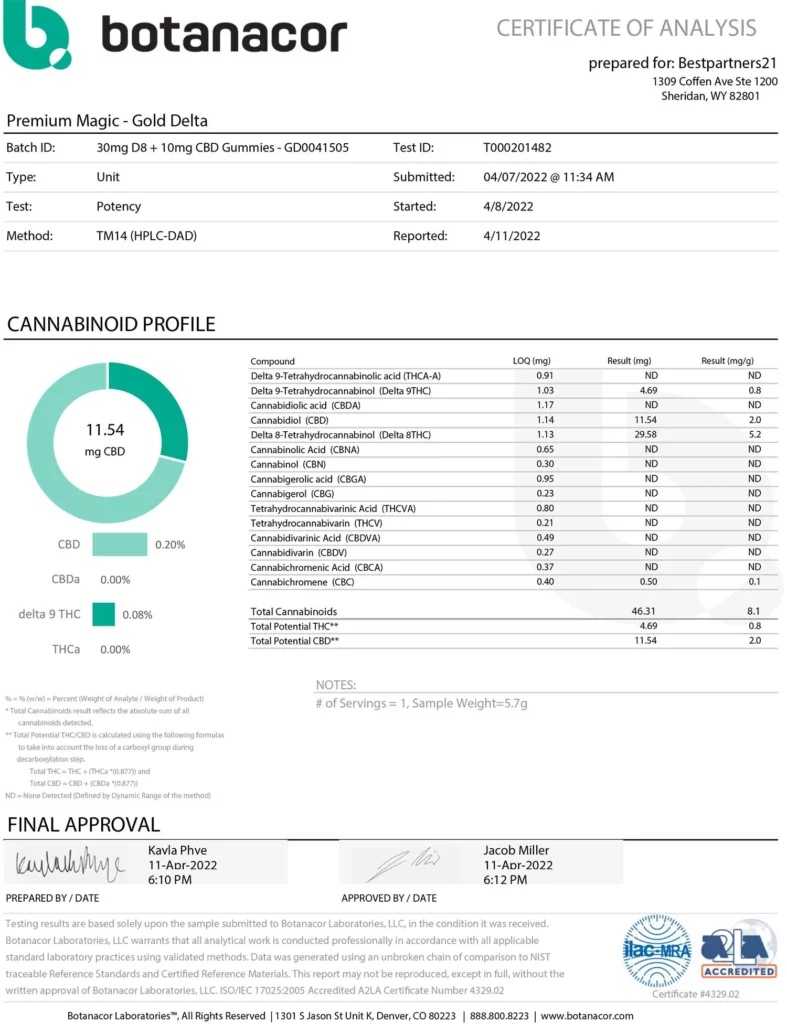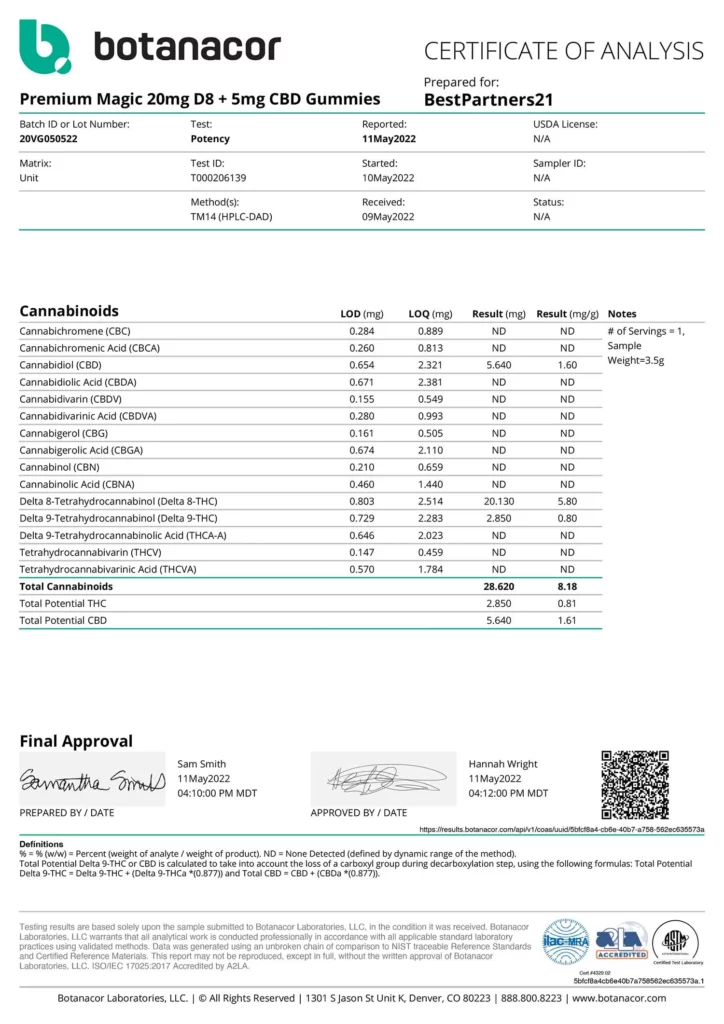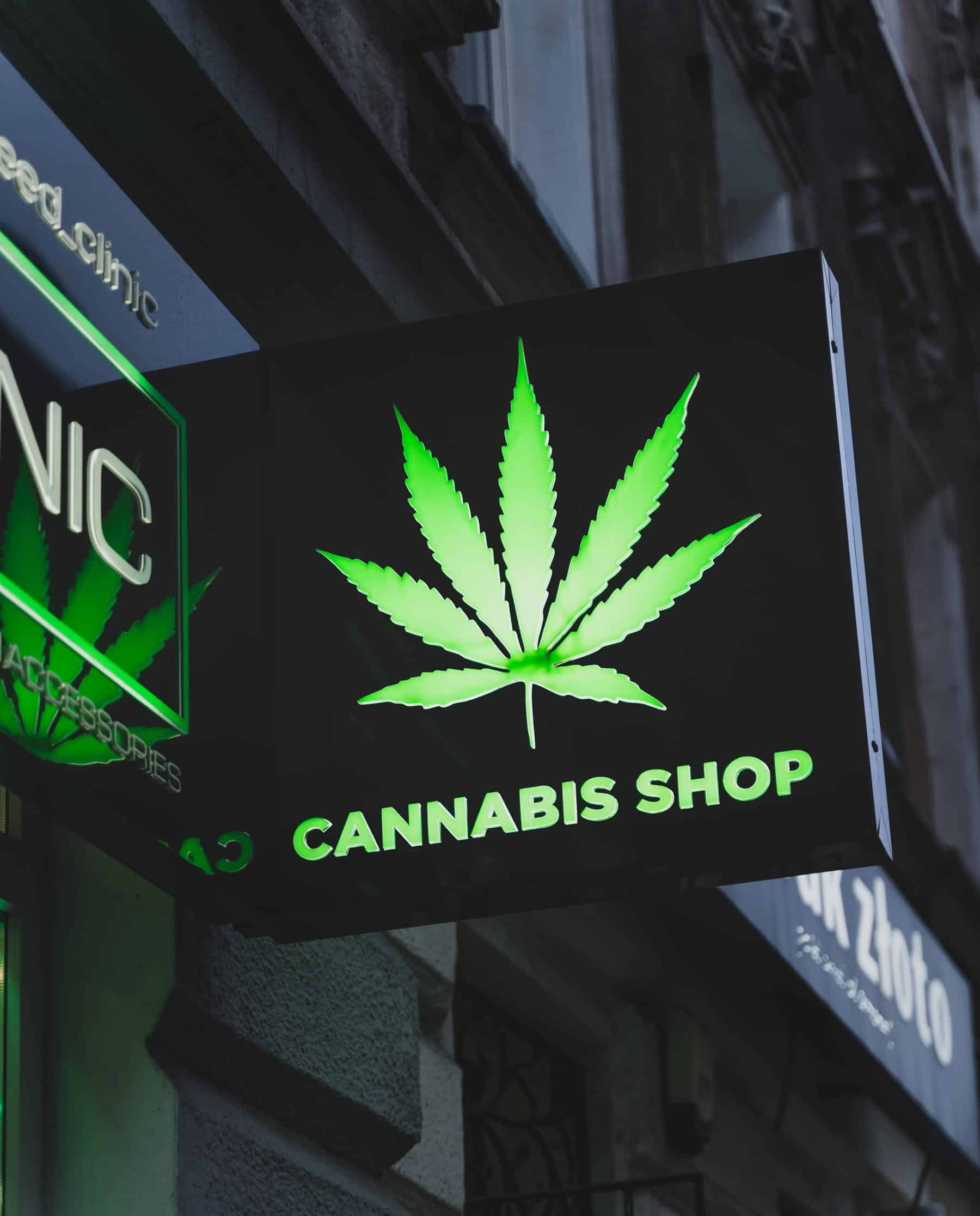
CBD 101: Everything You’ve Always Wanted to Ask About CBD

Are you curious about cannabis and want to know all the ins and outs? Well, you’ve come to the right place. In this article, we’ll delve into the world of CBD (cannabidiol), its differences from THC (tetrahydrocannabinol), the wonders of cannabis oil, and what cannabis can do for you. So, sit back, relax, and let’s explore the fascinating realm of cannabis together!
What is CBD and How Does it Differ from THC?
CBD, or cannabidiol, is a natural compound found in the cannabis plant. However, unlike THC, it doesn’t have psychoactive effects, meaning it won’t get you high. THC, on the other hand, is responsible for the euphoric sensations associated with marijuana use.
CBD and THC are just two of over a hundred different cannabinoids found in cannabis. Each cannabinoid interacts with our body’s endocannabinoid system (ECS) in unique ways. While THC binds directly to the cannabinoid receptors in our brain, cannabis has a more indirect influence on the ECS.
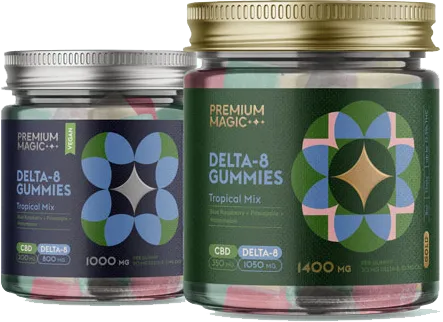
Gold + Silver Combo Tropical Mix
Original price was: $154.98.$67.99Current price is: $67.99.
Or Subscribe and Save 30%
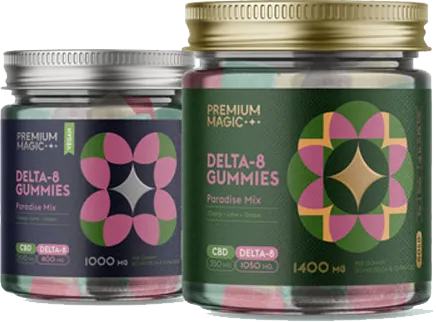
Gold + Silver Paradise Mix
Original price was: $154.98.$68.99Current price is: $68.99.
Or Subscribe and Save 30%
Understanding CBD and its Benefits
CBD is extracted from hemp plants using various methods, such as CO2 extraction or solvent extraction. The resulting cannabis extract can be further processed to create different types of cannabis products, including cannabis oil.
CBD oil is perhaps the most popular cannabis product on the market today. It typically contains cannabis extracted from hemp, mixed with a carrier oil like coconut or olive oil. CBD oil can be taken sublingually (under the tongue) or added to food and beverages. Many people find it convenient and easy to incorporate into their daily routines.
So, what does cannabis do?
Well, cannabis interacts with our ECS, a complex cell-signaling system involved in regulating various bodily functions. By interacting with cannabinoid receptors, cannabis may help promote balance and homeostasis within the body. While research is ongoing, cannabis has shown potential in various areas, including pain management, anxiety reduction, sleep improvement, and even epilepsy treatment.
Forms of CBD Products
CBD is available in several forms to suit different preferences and needs. cannabis oil and tinctures offer versatility and can be easily customized for individual dosing. They can be taken orally or added to food and beverages for a discreet and enjoyable experience.
For those who prefer a pre-measured dose, cannabis capsules and edibles are a great option. These products provide convenience and are ideal for on-the-go use. Just pop a capsule or enjoy a tasty cannabis-infused treat, and you’re good to go.
cannabis topicals, such as creams, balms, and salves, are designed for localized application. They can be applied directly to the skin to target specific areas, offering potential relief from discomfort and promoting skin health.
If you’re into vaping, cannabis vape products are available in the form of e-liquids or cartridges. Vaping cannabis allows for rapid absorption, making it a popular choice for those seeking fast-acting effects.
CBD Dosage and Consumption
Determining the right cannabis dosage can be a bit tricky as it varies from person to person. Factors like body weight, individual tolerance, and the desired effects all play a role. It’s always best to start with a low dose and gradually increase until you find what works for you.
When it comes to consumption, there are different methods available. Sublingual consumption involves placing CBD oil drops under the tongue and holding them there for about a minute before swallowing. This allows for efficient absorption through the mucous membranes.
You can also mix cannabis oil with food or beverages. However, keep in mind that the effects may take longer to kick in as the cannabis has to pass through the digestive system first. Additionally, CBD-infused edibles provide a tasty and convenient way to incorporate CBD into your daily routine.
Potential Health Benefits of CBD
CBD has garnered attention for its potential health benefits. Many people turn to cannabis for pain management and inflammation reduction, finding relief from conditions such as arthritis, chronic pain, and muscle soreness.
Anxiety and Stress Relief
Anxiety and stress relief are also among the reasons people explore CBD. Some studies suggest that CBD may help reduce anxiety and promote a sense of calmness without the psychoactive effects associated with THC.
Sleep Improvement
Sleep improvement is another area where CBD may offer potential benefits. Many individuals report experiencing better sleep quality and a more restful night after incorporating CBD into their nighttime routine.
Treatment of Epilepsy and Seizures
Moreover, CBD has shown promise in the treatment of epilepsy and seizures, particularly with a pharmaceutical cannabis product called Epidiolex, which is approved by the FDA. While these are some of the potential benefits of cannabis, it’s important to note that further research is needed to fully understand the extent of its effects and its application for different conditions.
Safety and Side Effects of CBD
Generally, cannabis is considered safe for consumption, but it may cause mild side effects in some individuals. These can include dry mouth, drowsiness, diarrhea, or changes in appetite. It’s always a good idea to consult with a healthcare professional before starting any new dietary supplement, especially if you’re on medication or have underlying health conditions.
It’s also crucial to ensure the quality and safety of the cannabis products you purchase. Look for products that undergo third-party testing to verify their potency and purity. Additionally, choose CBD products from reputable manufacturers who follow good manufacturing practices.
Myths and Misconceptions about CBD Debunked
CBD has become quite popular, but with its rise in popularity comes various myths and misconceptions. Let’s debunk a few:
- CBD gets you high: False. cannabis does not have psychoactive effects and will not get you high like THC does.
- CBD is a cure-all: While cannabis has shown promise in various areas, it’s not a magical cure for all ailments. Its effects may vary from person to person.
- CBD is addictive: cannabis is non-addictive and does not create dependence. It’s safe for regular use without the risk of developing addictive behaviors.
Research and Legal Landscape of CBD
Our understanding of CBD is still evolving, with ongoing exploration by the scientific community into its potential benefits and applications. The FDA’s approval of Epidiolex, a cannabis-based medication for specific forms of epilepsy, highlights the therapeutic value that cannabis holds. This recognition from a regulatory authority underscores the potential of cannabis as a treatment option for certain conditions and offers hope to individuals seeking alternative solutions.
In terms of legality, cannabis derived from hemp with less than 0.3% THC is federally legal in the United States. However, it’s important to be aware that local regulations can differ from state to state or even from country to country. It is essential to stay informed about the specific regulations in your area to ensure compliance and a clear understanding of what is legally permissible when it comes to purchasing and using cannabis products.
As the legal landscape and understanding of cannabis continue to develop, it’s an exciting time to explore the possibilities and potential benefits of this compound. Ongoing research and evolving regulations will further contribute to our knowledge, potentially uncovering new therapeutic applications and providing individuals with more options for managing their health and well-being.
Conclusion
CBD, a non-psychoactive compound derived from hemp, has gained significant attention for its potential health benefits. From pain management and anxiety reduction to improved sleep and more, cannabis offers a natural alternative for those seeking balance and well-being.
Remember, cannabis affects everyone differently, so finding the right product and dosage for your needs may require some experimentation. Always consult with a healthcare professional before starting any new supplement regimen. With its growing popularity and ongoing research, cannabis continues to captivate the curious minds of individuals seeking alternative wellness solutions. So, go ahead, explore the world of cannabis, and discover the potential benefits it may hold for you!
No, CBD is non-psychoactive, which means it does not produce a “high” or alter your state of mind like THC, another cannabinoid found in cannabis
CBD interacts with the body’s endocannabinoid system (ECS), a complex network of receptors and neurotransmitters. It modulates the activity of the ECS, which is involved in regulating various bodily functions, such as pain, mood, sleep, and immune response.
People use CBD for a variety of potential health benefits, including pain relief, anxiety reduction, improving sleep, and managing symptoms of certain neurological disorders. However, more research is needed to confirm these effects.
CBD can be consumed in a variety of ways, including oral tinctures, capsules, edibles, topicals, and vaping. The method of consumption can affect the onset and duration of the effects.
No, CBD is a non-psychoactive compound, so it does not produce the “high” associated with THC.
CBD can interact with certain medications by influencing the way the body processes these drugs. If you’re taking any medication, it’s important to talk to your healthcare provider before starting CBD.
